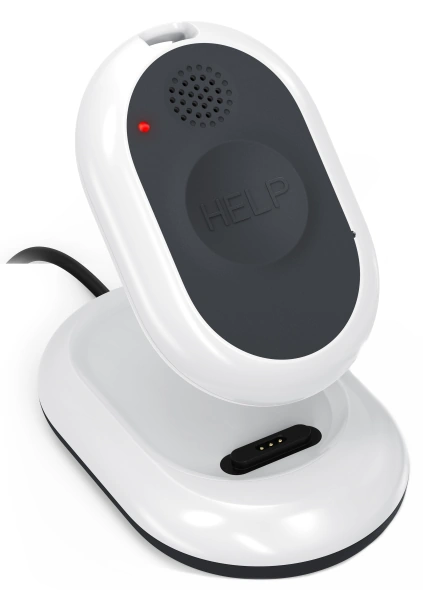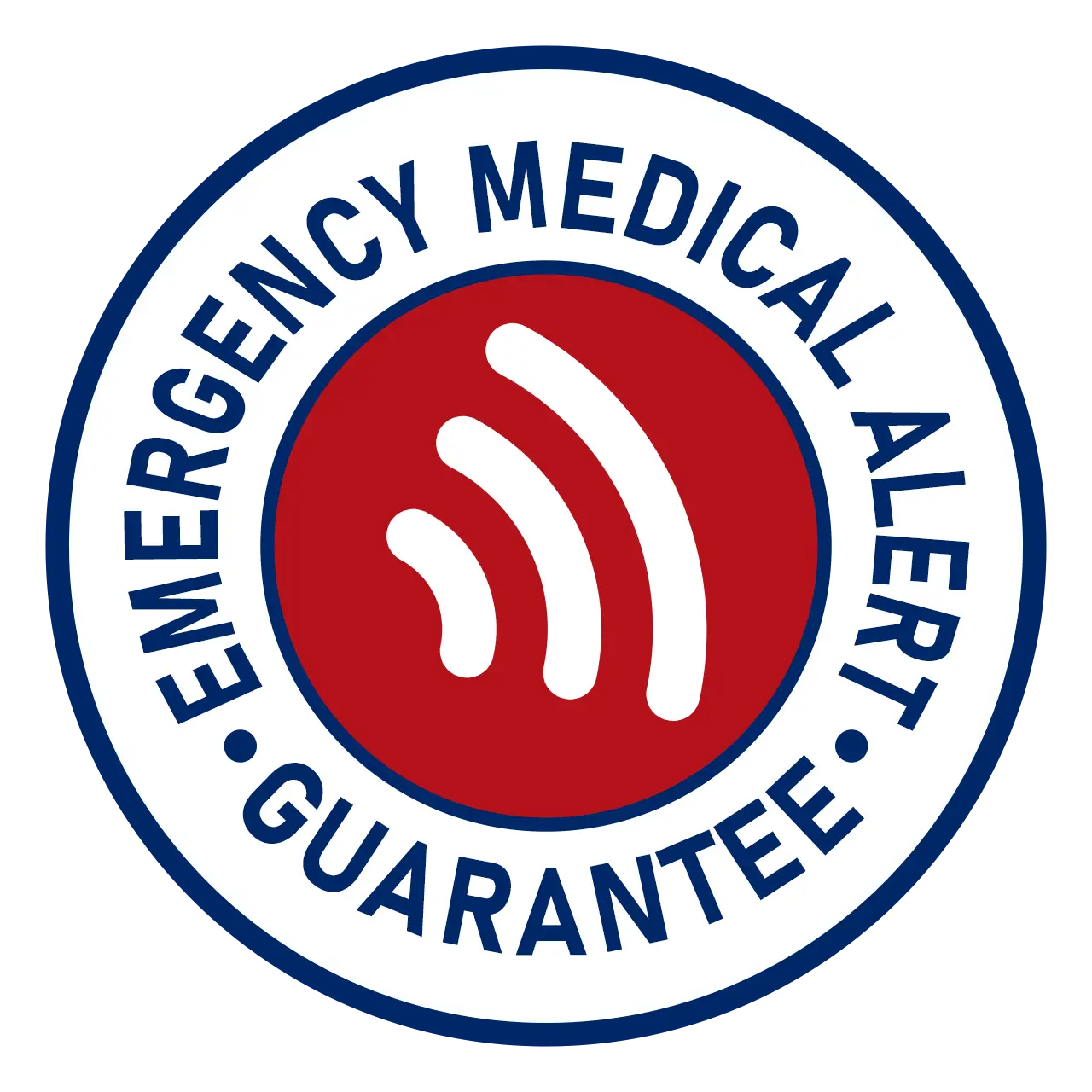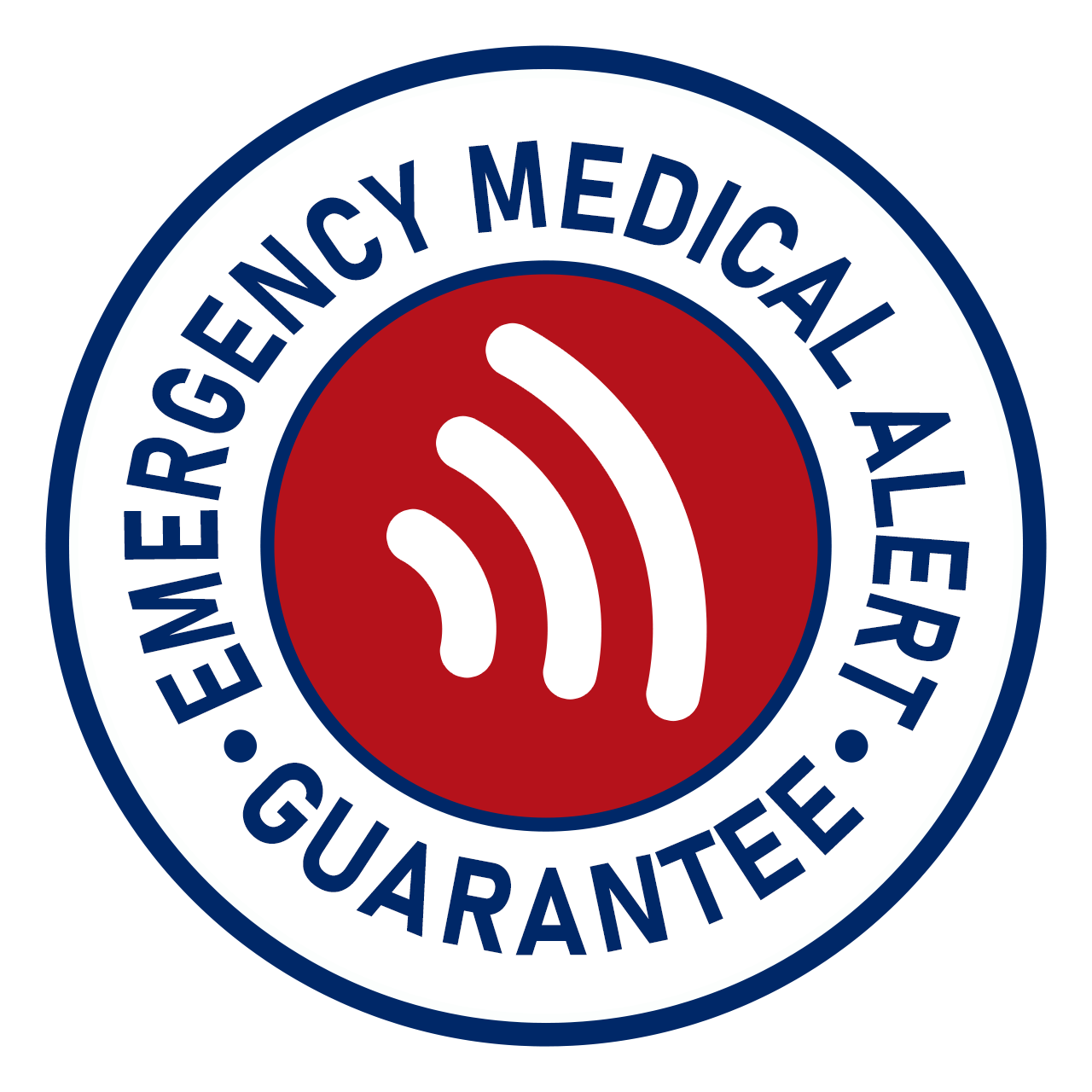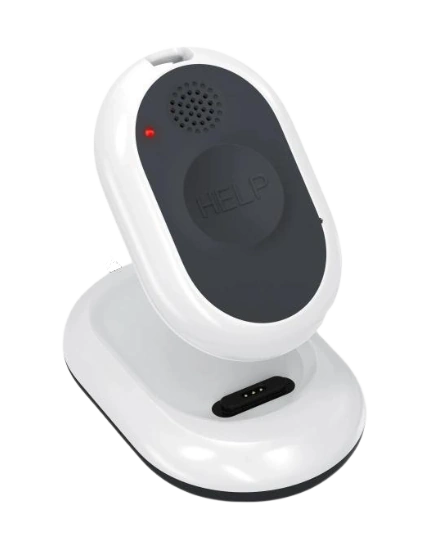Alzheimer's Type 3 Diabetes: Understanding The New Science Behind Memory Loss
Key Takeaway
Alzheimer’s “Type 3 Diabetes” highlights how brain insulin resistance can fuel memory loss by limiting the brain’s ability to use glucose and clear harmful plaques. Shared risk factors with metabolic disease—like obesity, inflammation, and poor insulin signaling—show why exercise, a MIND-style diet, good sleep, and stress control may help protect cognition while new treatments target the metabolic roots of Alzheimer’s.
What if Alzheimer's wasn't just a memory disease, but rather a metabolic one? That's the audacious theory that is becoming more accepted in medical research today, with scientists calling it Type 3 Diabetes.
A powerful connection emerges as brain insulin resistance may be a primary driver of Alzheimer's disease. Especially in the U.S., studies are stacking up to show that this isn't just about forgetfulness, it's about how the brain processes (or fails to process) glucose.
The brain's capacity for glucose might be as significant as genetics or environmental influences. If you or a loved one is facing memory concerns, this new science could be a game-changer. It’s reshaping what we know about Alzheimer’s, and might offer a way to save your brain.
What Is Type 3 Diabetes? A New Perspective To Alzheimer's
Alzheimer's type 3 diabetes is the overlap of Alzheimer's disease and brain insulin resistance. Similar to the way type 2 diabetes alters the function of your body in processing insulin, this "type 3" illness alters the response of your brain cells to insulin.
Insulin doesn't only regulate blood sugar. It plays a really important role in memory, mood & learning.
When the brain is resistant to insulin, it cannot convert glucose into energy. Over time, this destroys brain cells and erases cognitive function. This is where Alzheimer's and insulin resistance overlap; not only are they a couple, but perhaps they're two sides of one coin.
While not officially sanctioned as a separate type of diabetes, several researchers are using the term to highlight how the medical well-being of the metabolism and the health of the brain are medically linked. It reframes Alzheimer’s not just as a neurological disorder, but also as a metabolic one.
The Science Behind The Connection Of Type 3 Diabetes And Alzheimer's
Seniors generally have to meet the following eligibility criteria to get the free senior grocery card, which are described below:
Let's get into biology. The brain needs glucose to function in the same way as blood needs oxygen. Insulin helps neurons take in and utilize glucose.
But when the brain's insulin signalling breaks down, it results in brain insulin resistance. This provides neurons with no access to the fuel they need, leading to energy deficits, and ultimately, the cells perish.
One major consequence? The accumulation of beta-amyloid plaques is a hallmark of Alzheimer’s. Insulin normally helps regulate enzymes that clear these plaques. But if insulin can’t do its job properly in the brain, those plaques stay and can wreak havoc.
Toss in tau tangles, inflammation, and oxidative stress, and you have a storm responsible for widespread cognitive dysfunction.
In an unexpected twist, researchers have discovered that people with type 2 diabetes are nearly twice as likely to develop Alzheimer's.
It isn't a coincidence. Both diseases share a common connection of impaired insulin signalling. And that is where type 3 diabetes symptoms occur: memory failure, confusion, and mental alterations that resemble both diabetes-brain fog and Alzheimer's disease.
This medical discovery has opened new doors to treatment, prevention, and comprehension of the underlying cause of memory loss.
Risk Factors And Common Pathways
Risk factors for type 3 diabetes are nearly the same as for metabolic syndrome. Consider obesity, hypertension, and hyperglycemia. These are not only dreadful for your heart, but they can damage your brain as well.
One of the main reasons is visceral fat and dementia risk. Visceral fat is located within the belly, and it is very inflammatory. It can damage insulin function and set up a chain reaction, ultimately causing a lot of brain damage over the years.
Then there's genetics. Having the APOE4 gene increases your risk for both Alzheimer's & brain insulin issues. Mix in a lack of exercise, unhealthy diet, and chronic stress, and you have a storm brewing in your body.
Having these common patterns in mind may help us take initiative. Awareness of the onset symptoms, for instance, brain fog or gradual loss of memory, may help us intervene sooner and have an improved long-term prognosis.
Prevention And Lifestyle Interventions
The good news? You can do a great deal to protect your brain. Begin with exercise and physical activity, which increases blood flow to the body. Physical activity and exercise improve exercise and cognitive function by increasing insulin sensitivity and lowering inflammation.
Second, your plate matters. The MIND diet for cognitive wellness fuses the Mediterranean and DASH diets together. It's composed of leafy greens, berries, whole grains, nuts, and lean protein - ingredients all shown to slow Alzheimer's.
Don't skip on sleep. Poor-quality sleep is associated with both blood sugar problems and mental decline. So is stress, which can raise cortisol levels and impair memory. Taking control of stress coping through mindfulness or counselling can be a lifesaver.
Yes, being of a healthy weight and reducing visceral fat can greatly reduce your risk of both diabetes and Alzheimer's.
Overall, halting Alzheimer's disease begins with the same good health habits that keep your heart and metabolism strong. It all goes hand-in-hand. Remember, wellness is key to ultimate health.
New Treatment And Research
New studies are investigating the treatment of type 3 diabetes directly. Intranasal insulin therapy is one technique that has been encouraging.
By injecting insulin directly into the brain, scientists have noticed enhanced memory and cognitive function without influencing blood sugar levels in the rest of the body.
Another area of study? Antidiabetic medications like metformin and pioglitazone are being investigated for their neuroprotection.
These medications can improve brain function by reducing inflammation and oxidative stress. They may also help restore insulin sensitivity in brain cells, potentially slowing cognitive decline. Although it's early days yet, this new area of study brings hope. With more studies being conducted in America, the day of Alzheimer's treatment is not far away. It’s a thrilling frontier where metabolic science meets memory care.
Conclusion
We are just starting to learn about how metabolism and memory are connected. Alzheimer's Type 3 diabetes is not merely a name, a warning. Managing insulin health can slow or possibly even stop Alzheimer's. Exercise, proper nutrition, and future treatments hold actual promise.
If for yourself, a friend, or a family member, the education begins here. Your brain has as much importance as the remainder of your anatomy. Begin now; your older self will reward you.























